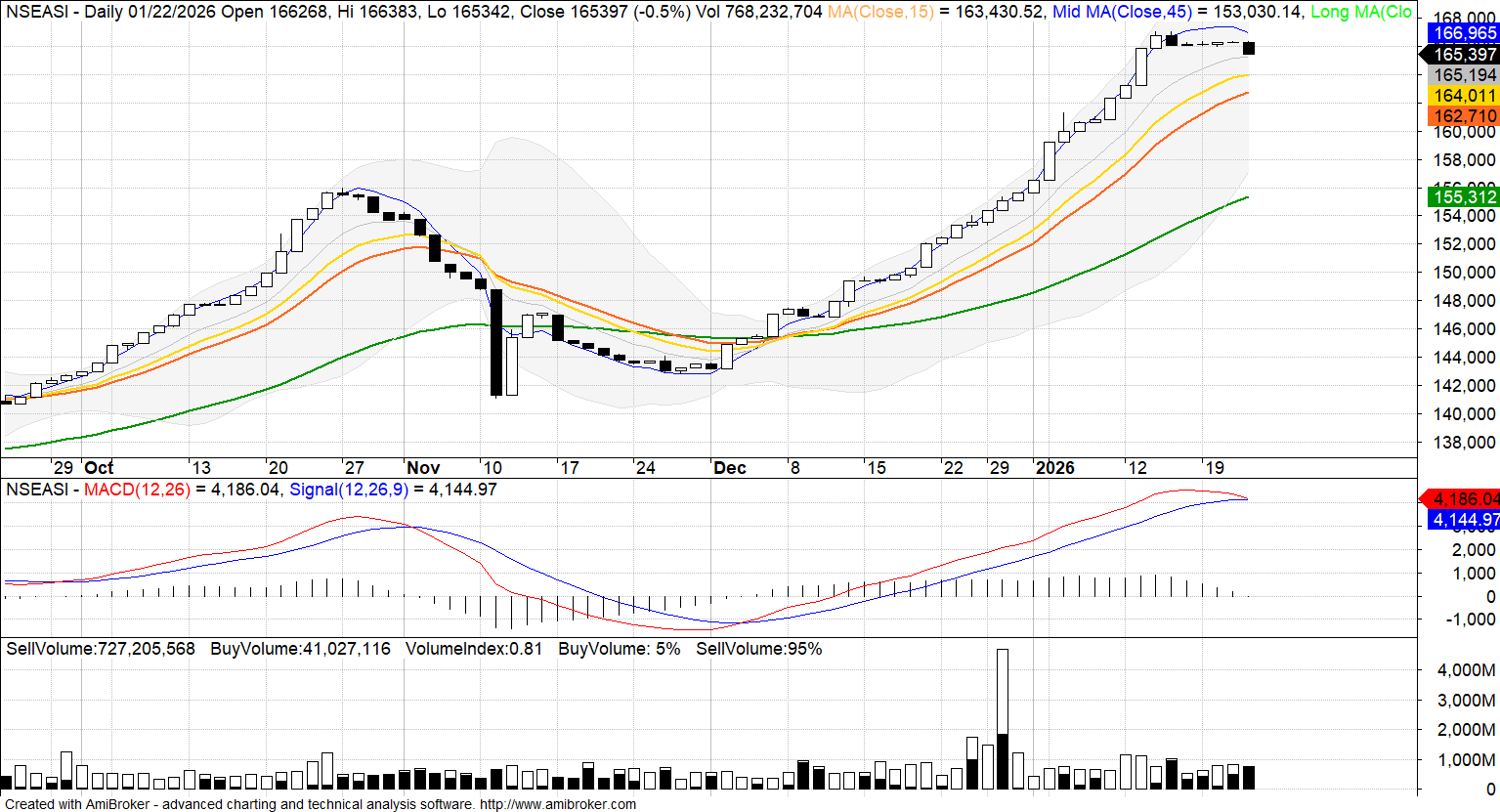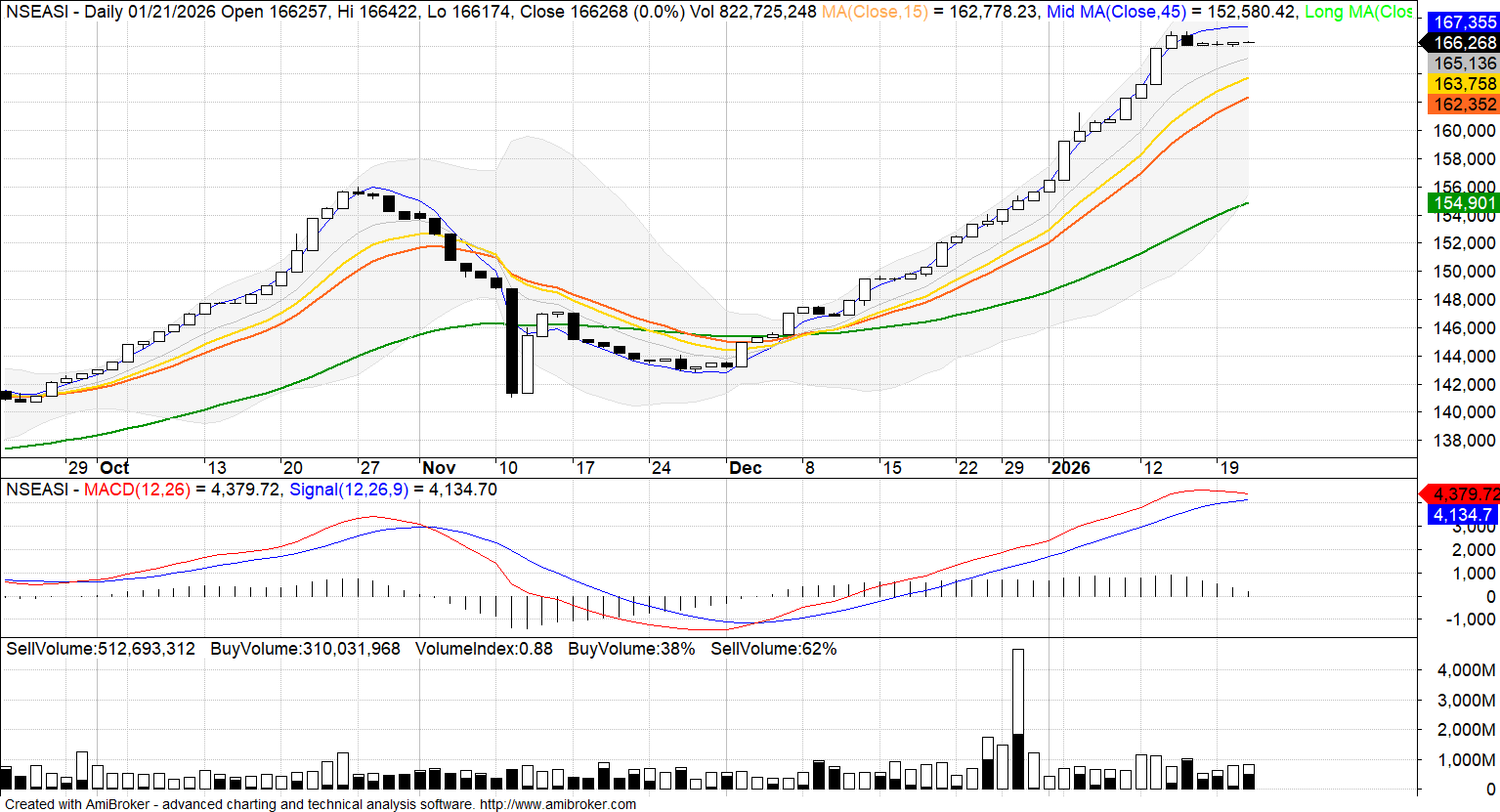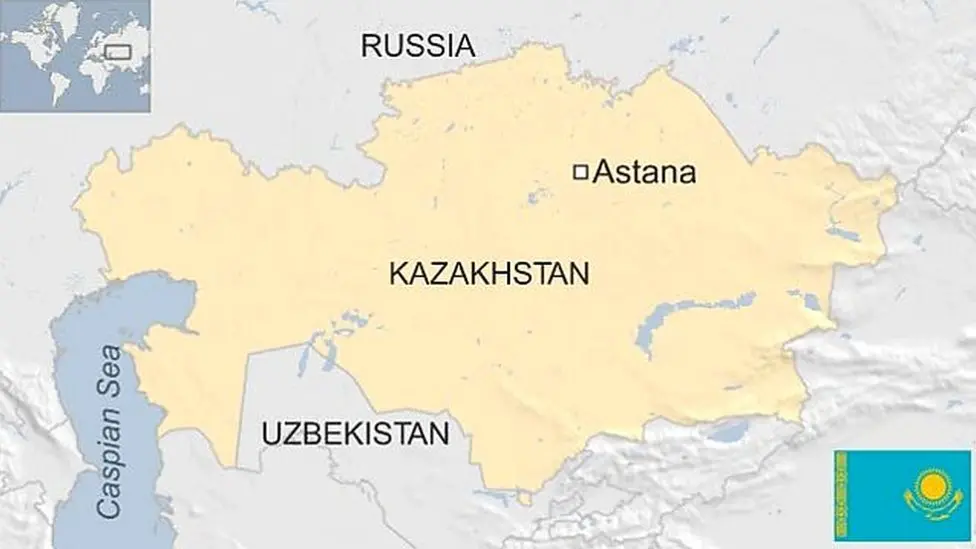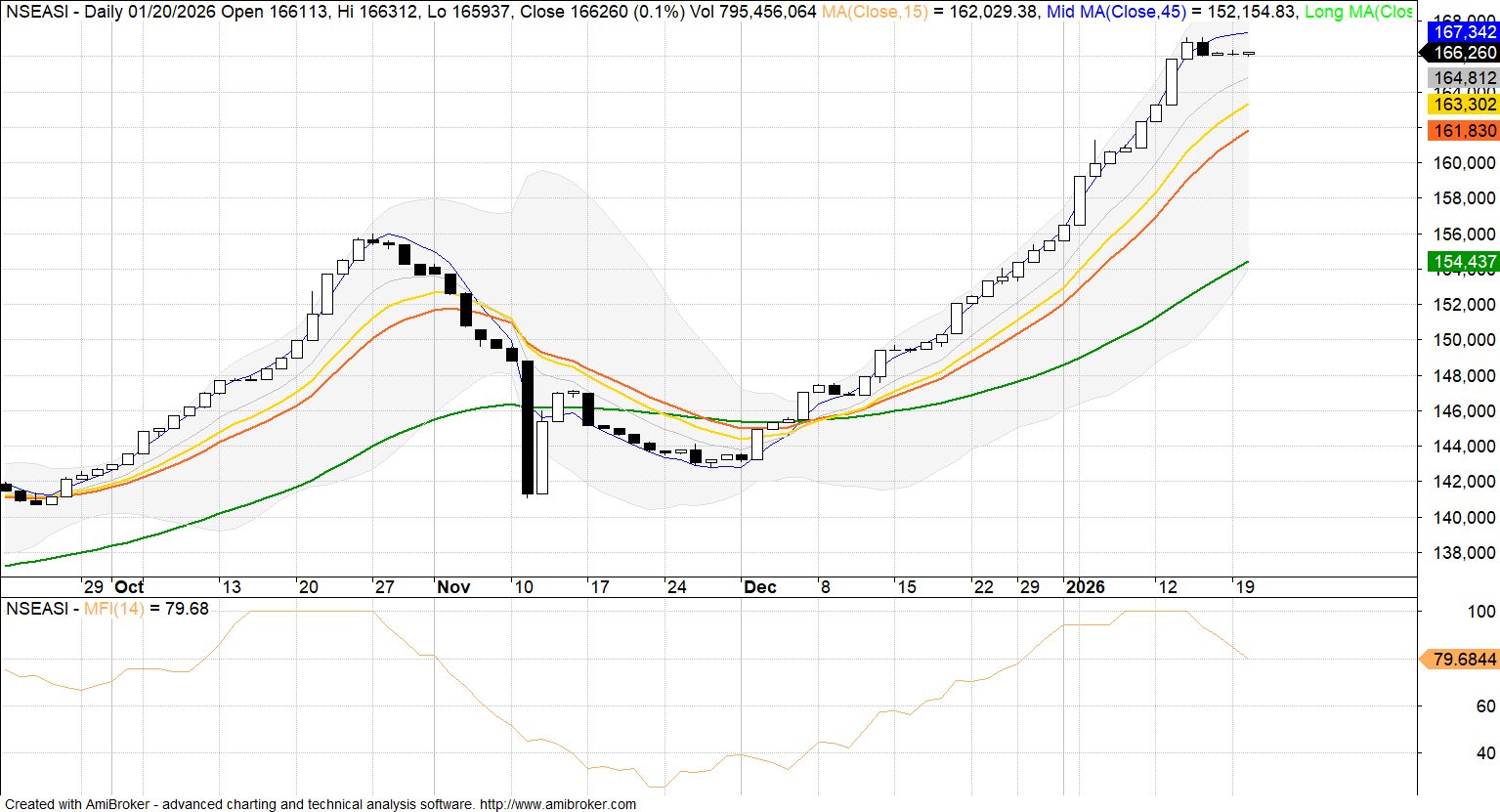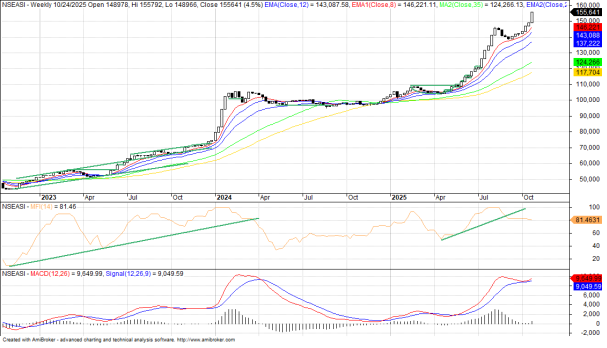
Pix: Dr. Akinwunmi Adesina, AfDB Group President
The African Development Bank Group (AfDB), on Tuesday, warned that going by projected increased food demand and changing consumption habits, the net food imports on the continent could soar from US$35bn in 2015 to over US$110bn by 2025.
This, the AfDB said in a statement on its website, could be avoided where African countries utilize the enormous food production capacity of the continent, especially the vast used arable land which accounts for 60% of the world’s total.
Consequently, the bank said it has developed a long-term agricultural transformation strategy in Africa to unlock Africa’s agric potential and boost job creation as a way of diversifying economies on the continent.
This is in addition to supporting the realization of key Sustainable Development Goals through the development of an inclusive and competitive African agribusiness sector with specific goals such as helping to end poverty; hunger and malnutrition; making Africa a net food exporter; while moving Africa to the top of export-orientated value chains where it has comparative advantage.
The goal of making Africa a net food exporter by 2025, it says, would involve mobilizing resources and capital, with the task of transforming an initial set of agricultural value chains expected to gulp as much as US$340bn over the next decade.
“Such an investment would likely create new markets worth US$55-65 billion per year by 2025,” it said, adding that the AfDB Group’s investments in agriculture (both public and private) could quadruple from a current annual average of US $612m to about US$2.4bn.
To catalyze agricultural transformation on the continent, AfDB plans to collaborate with its partners, through orchestrating activities to create impact-oriented borrowing plans and an evidence-based implementation plan for transformation, in the form of an ‘Agricultural Transformation Partnership for Africa’ (ATPA).
It also hopes to design and lead the operation of areas that are both critical to drive transformation and for which the Bank is able to leverage its comparative advantages; while scaling and replicating activities and programmes of partners that have demonstrable success and the potential to play a key role in country and commodity specific transformation.
“Unlocking agricultural potential and tackling food insecurity will require sustained multi-sectoral interventions (e.g. infrastructure development, intensive use of agro inputs and mechanization, enhanced access to credit and improved land tenure systems), appropriate policy reforms, promoting employment of the youth and women, and adopting an integrated value-chain approach that emphasizes access to markets and climate-smart agriculture.”
AfDB also announced plans to collaborate in promoting, “where appropriate, the development of agro-allied industrial zones that can produce value-added products. The Bank will also invest in regional infrastructure and enhanced policy dialogue to remove trade barriers, thereby assisting in reducing food price volatility and food insecurity. Finally, the Bank will prioritize agricultural projects that target gender inequality and enable women to have equal access to opportunities throughout agricultural value chains.”


